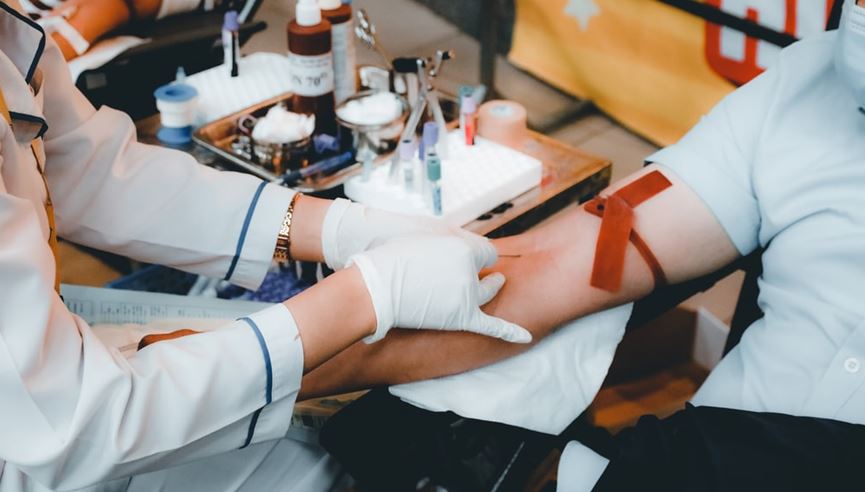5 Things to Know About Biobanking

Biobanking is an important tool for enhancing medical research and scientific knowledge. Simply put, biobanking is the process of collecting biological samples from a human subject for use in research purposes.
In this blog, we’ll discuss how biobanking works and why it’s integral to the healthcare industry to delve into details of the process further:
Sample Collection
Biobanking doesn’t only involve collecting biological samples such as blood; information from participants is also collected as part of a sample. This data includes their age, weight, blood type, and other underlying medical conditions.
This information is, of course, confidential and is protected by the biobanking facility. All individuals who handle the data collection or interact with it at any time are legally obligated to protect it.
Sample collection differs across different types of biobanks and ultimately depends on the purpose of the biobank.
For example, a biobank that aims to study the progression of diseases through time may store the samples for several years. In some cases, the samples collected may be used in one study and then reused for another one.
Benefits of Biobanking
Biobanking enables researchers to save the time and effort required to find participants for a study. Since the data is already available in one place, it can be further researched anytime, making biobanking more convenient and cutting down on research time.
Several parties use biobanking for educational purposes. Universities, hospitals, research facilities, and centers for particular diseases are some of the parties that use biobanking.
It also helps us to gain more insight into the effect our DNA has on our health. Research using biobanking also aids in the study of incurable diseases such as Alzheimer’s.
Finding a cure may be indefinite, but the more we’re able to study these diseases, the more insight we gain into their characteristics.
Time Length
Depending on the type of study being performed, participants may be asked for one-time sample collection or different samples collected over a time period.
Participants can agree to the terms and conditions beforehand and even have the option to stop participating in further stages of the biobanking process if they wish to. In some cases, people donate their complete bodies for research purposes after their death that have to be cryogenically frozen.
Funding Source
Biobanks can be funded by public sectors or medical authorities. The funding helps the parties access medical equipment to collect and store samples efficiently for extended periods.
The greater the funding a biobank receives, the more efficient it can make the sample collection and storage process.
Technological Advancement in Biobanking
As technological advancement occurs in the medical arena, many biobanks are now facilitated using AI. This helps to gain insights into the data collected with more ease and speed.
The use of AI is predicted to become more conventional with time, which will allow researchers to use the samples in biobanking for multiple research purposes.
Biological samples need to be handled and stored carefully and in optimal conditions so as not to cause damage to them.
Temperature changes in storage facilities can affect their state too. As some biobanks store samples for many years, it’s imperative to ensure they don’t deteriorate.
Lab freezers are crucial for storing samples used in biobanking. For this purpose, the lab facilities involved in biobanking should ensure the equipment, including the lab freezers they are using, has been medically graded. The equipment used should ideally be compliant with international standards.
If you’re looking for a freezer for a medical lab, we can help. North Sciences is an international company that has been manufacturing laboratory equipment for medical use in North and South America for over 20 years.
North Sciences products include bio-freezers and ULT freezers. Our ULT freezers are coupled with twin technology to conserve energy.
They also include a backup compressor to ensure the temperature is maintained for extended periods and power outages don’t damage the contents inside. We also provide bio-freezers to store biological samples.
It consists of a microprocessor temperature controller for increased temperature consistency. Our authorized service engineers are available to assist with maintenance and technical support. Get in touch with us to learn more and get the lab freezers most suitable for your needs today!


